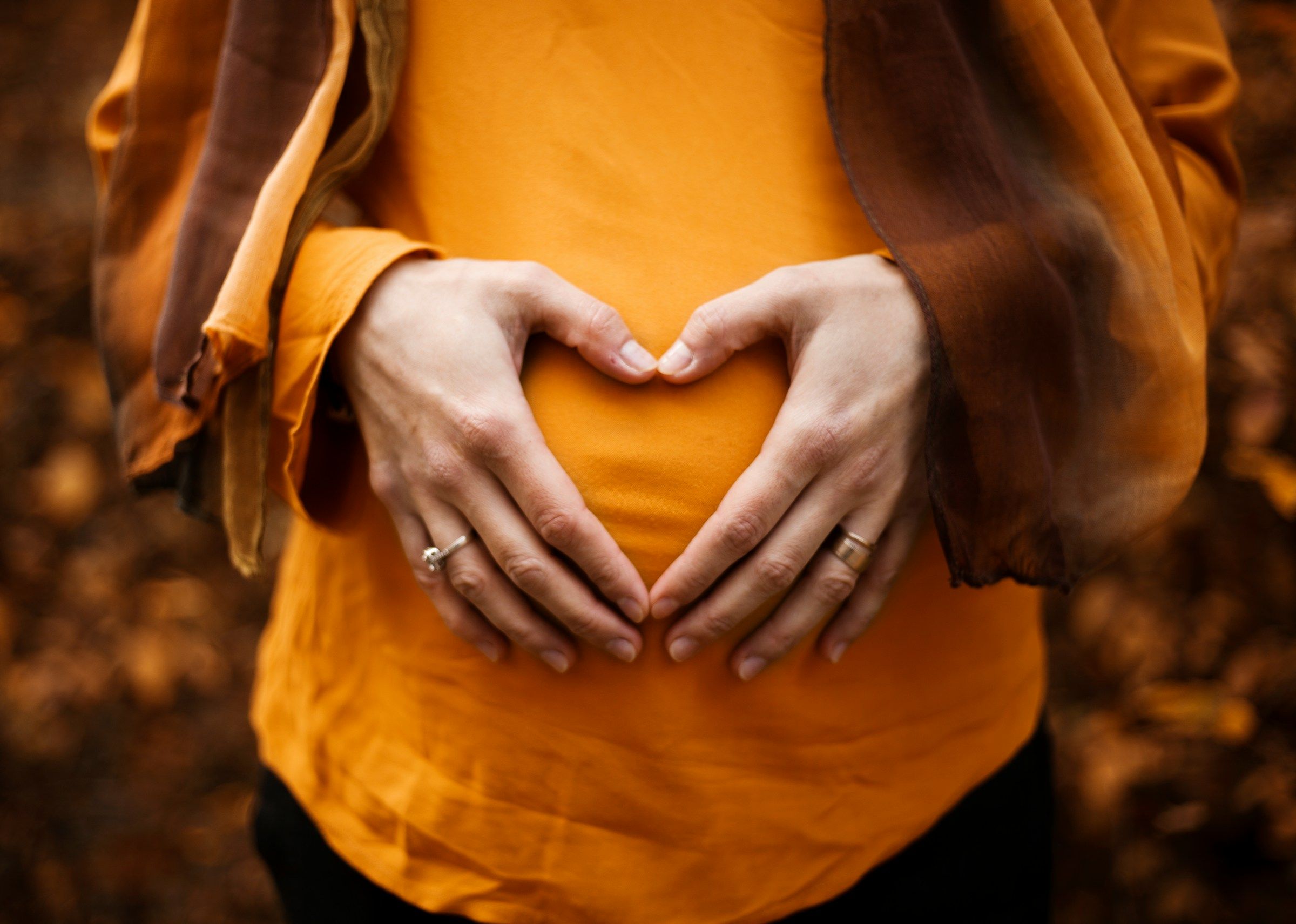The Connection Between Fertility and Age: Separating Fact From Fiction

“I always thought I had plenty of time. Now I'm in my mid-30s, and I'm worried it's too late to start a family.”
Do you ever feel that way? The ticking biological clock can really stress you out, especially with everyone making you feel like time is running out.
Sure, your age affects fertility, and you might get reproductive problems as you age. But there’s so much misinformation out there. And it's difficult to find what’s actually true about fertility and age? How much of what we hear is fact, and how much is just hype?
Let’s break it down and get to the bottom of it together.
Understanding fertility decline in men and women
Both women and men experience changes in fertility, as they age. Here’s what happens:
Women's age and fertility
Women are born with all the eggs they'll ever have—around 1 to 2 million. By puberty, this number drops to about 300,000. As you age, both the number and quality of these eggs decline. This is why older women may face more challenges with pregnancy and have a higher risk of miscarriage or genetic issues.
In addition, as women age, hormonal changes can affect ovulation, making it harder to conceive. The body becomes less responsive to fertility hormones, leading to fewer ovulation cycles and making it harder to conceive.
Men's age and fertility
Men do see some changes in fertility with age, but it’s usually not as dramatic as it is for women. Over time, sperm quality can decline, which may affect fertility and increase the risk of genetic issues in their children.
How does age affect fertility?
As mentioned, age affects fertility of women more than that of men. But how does this happen? Let’s have a detailed look:
Fertility at age 20
In your 20s, your body is at its peak for fertility. Even women in their early 20s have about a 25-30% chance of getting pregnant per cycle. Egg quality is high, and there’s less risk of complications. Biologically, this is the best time to start a family.
However, life doesn’t always follow biology. Many women in their 20s are busy with careers, education, or personal growth, and starting a family might not be on their radar. And that’s perfectly okay. Just know that your fertility is strong during this time.
Fertility at age 30
As you hit your 30s, things start to shift. Fertility is still good in the early 30s, but it starts to drop after age 35. By your mid-30s, your chances of getting pregnant each month are around 15-20%. The risk of miscarriage and chromosomal issues increases, but it’s not as alarming as it might sound.
The pressure to conceive can feel intense, but fertility doesn’t just stop at 35. Many women in their late 30s and early 40s still get pregnant, either naturally or with medical assistance.
Fertility at age 40
Once you’re in your 40s, fertility declines more steadily. At age 40, your chances of getting pregnant naturally drop to about 5% per cycle. The risk of miscarriage rises, and egg quality decreases. By your mid-40s, conceiving naturally becomes rare, though not impossible.
However, advances in reproductive technology like IVF (In-vitro fertilization) offer hope. Many women in their 40s can still achieve pregnancy with the right support, even if they’ve delayed starting a family or faced difficulties earlier.
Common myths about fertility and age
There are many myths floating around about fertility and age. Let’s clear up some of the confusion and get to the facts.
Myth: Women are no longer fertile after age 35.
Fact: Fertility does decline with age, but women are not automatically infertile after 35. Many women still conceive successfully into their late thirties and early forties. The decline is gradual and varies from person to person.
Myth: Age is the only factor that affects female fertility.
Fact: Age is a big factor, but it’s not the only one. Health, lifestyle, and existing reproductive conditions also affect fertility.
Myth: Male fertility doesn’t decline with age.
Fact: Male fertility does decline with age, though the change is usually more gradual than for women. As men get older, sperm quality and quantity can decrease, which can affect their fertility.
Myth: Infertility only affects people over 35.
Fact: Infertility can affect people of any age. While the likelihood of fertility issues does increase with age, many factors besides age can contribute to infertility.
Myth: Infertility won’t be a concern if you’ve already been pregnant.
Fact: Just because you’ve been pregnant before doesn’t mean future pregnancies will be problem-free. Fertility issues can arise at any time, even if you’ve had successful pregnancies in the past.
Myth: IVF can overcome age-related fertility decline
Fact: IVF can help with fertility, but it doesn’t completely negate the effects of aging. The challenges of getting pregnant naturally still persist as women age.
Strategies to address fertility decline
Worried about fertility? Don't worry! Here are some steps you can take to adress fertility decline:
1. Get Informed
- See your doctor: Talk to your healthcare provider about your fertility.
- Fertility tests: Tests like the Anti-Müllerian Hormone (AMH) test show how many eggs you have left.
- Track ovulation: Monitor your menstrual cycle to find your most fertile days.
Need help finding a doctor? Use QCG services to connect with the right professionals.
2. Consider lifestyle factors
- Eat well: Focus on fruits, vegetables, whole grains, and lean proteins.
- Exercise: Stay active, but don’t overdo it.
- Avoid toxins: Cut down on alcohol, quit smoking, and limit exposure to harmful chemicals.
3. Explore fertility preservation
- Egg freezing: Store your eggs now to use later.
- Embryo freezing: Freeze fertilized embryos for future use.
4. Seek support
- Counseling: A therapist can support you emotionally. Because of course, the fertility journey is a tough one.
- Support groups: Connect with others who are going through similar challenges.
Bottom line
So while there is a strong link between fertility and age, it doesn't mean all hope is lost. By staying informed, making smart lifestyle choices, and exploring options like fertility preservation, you can take control of your reproductive health. And if you’re feeling uncertain or need personalized advice, don’t hesitate to reach out to a healthcare provider.

